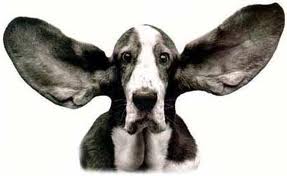S
Stickman
Guest
Don't troll me if this has already been posted 
How do YOU learn songs?
Do you use tabs sheets/music charts/learn by ear? Do you have your own certain way such as breaking it down in sections for example?
I have tried all three ways, - I find reading is pretty easy and accurate but I am always told not to rely on this method but I feel that I struggle learning by ear. I'll think I have the song down but then come to find that I have missed things out such as open hi-hats, using the ride, extra kicks, fills are sometimes incorrect or sometimes I just can't make it out clearly what the drummer is playing on tricky parts. - This always results in me having to break out of the sequence that I have hammered into my head to relearn the whole song again with sheets. :-(
Advice please
How do YOU learn songs?
Do you use tabs sheets/music charts/learn by ear? Do you have your own certain way such as breaking it down in sections for example?
I have tried all three ways, - I find reading is pretty easy and accurate but I am always told not to rely on this method but I feel that I struggle learning by ear. I'll think I have the song down but then come to find that I have missed things out such as open hi-hats, using the ride, extra kicks, fills are sometimes incorrect or sometimes I just can't make it out clearly what the drummer is playing on tricky parts. - This always results in me having to break out of the sequence that I have hammered into my head to relearn the whole song again with sheets. :-(
Advice please


